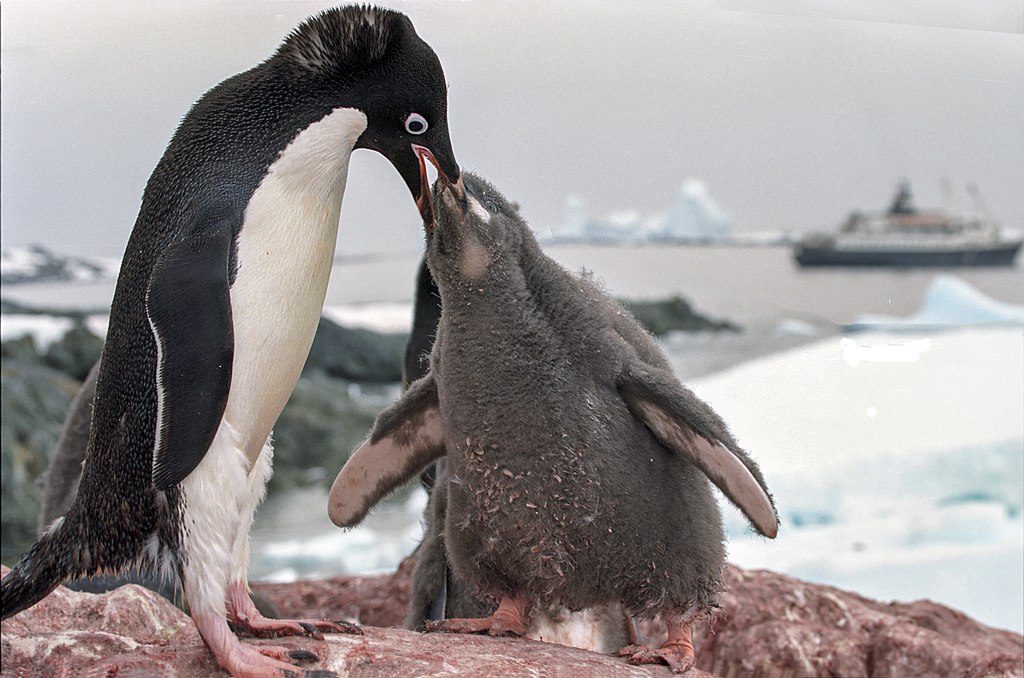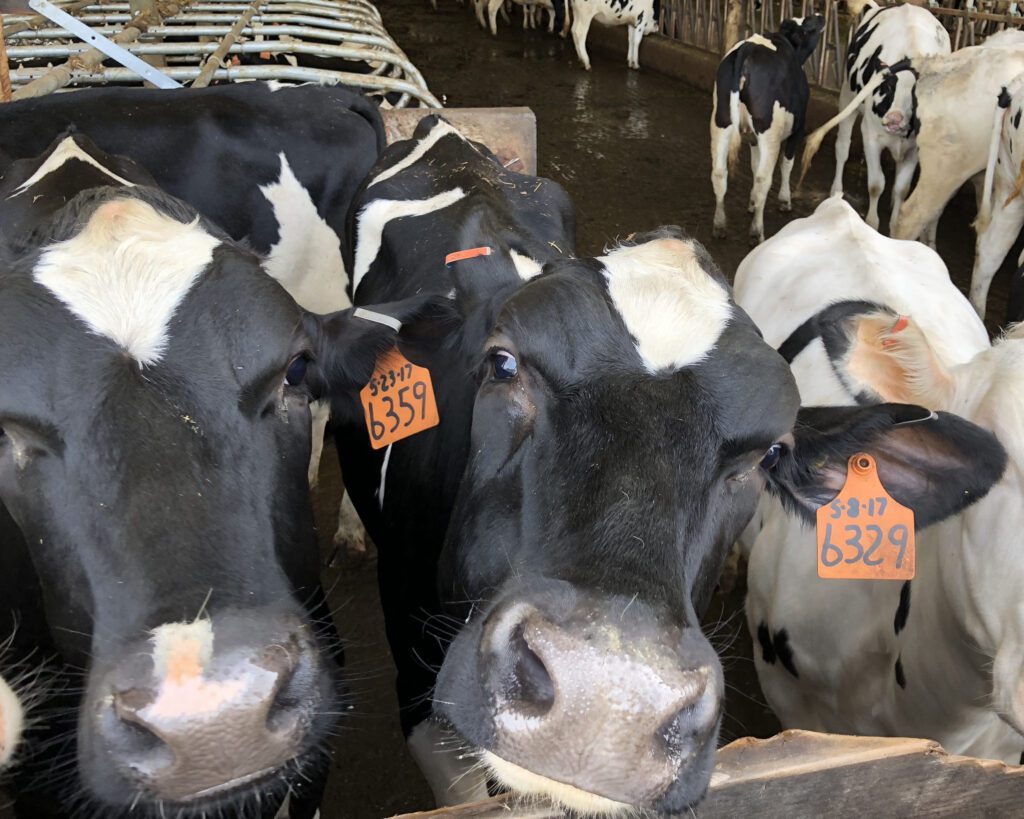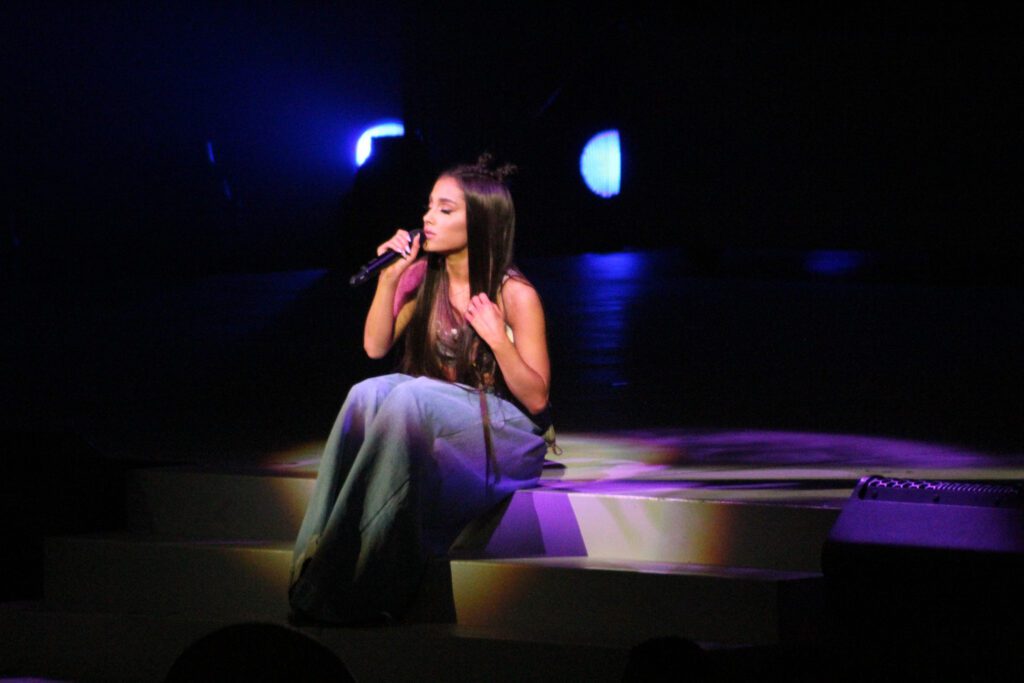
Pew Charitable Trusts: In October 2016, the 25 member governments that make up the Commission for the Conservation of Antarctic Marine Living Resources (CCAMLR) agreed by consensus to designate the world’s largest marine protected area in Antarctica’s Ross Sea. Commercial fishing is banned throughout an area that covers more than 2 million square kilometers, including the Ross Ice Shelf. The commission now has the opportunity to establish a network of marine protected areas and reserves throughout the Southern Ocean by 2020, which would protect critical penguin habitat.
>>>Urge the CCAMLR to designate MPAs in the Weddell Sea and in the waters off East Antarctica.
Care2: Wetlands are vital ecosystems on which many species depend for their survival. That’s why it’s so tragic that the Welsh government is on the brink of approving a project that just might destroy one of their most important wetland areas—the Gwent Levels. £1 billion has been invested in a 14-mile stretch of motorway that will cut across this precious area near Cardiff. If the project is approved, four sites of scientific interest will be affected during its construction and long after the motorway is built. Otters, water voles and countless species of insect and birds, including rare cranes, use the wetlands as a safe haven to breed, raise their young rest during migration.
>>>Urge the Welsh Assembly protect this rare biodiversity hotspot and to deny the motorway proposal.
Change: Bili the bonobo was born in England in 2008. His mother did not accept him, so he came to Frankfurt at the age of 3 months. Contrary to the claims of the Wuppertal Zoo, he was very well integrated into his group there before he was shipped to Wuppertal as a new breeding male. In the following weeks, they tried to integrate him into the group, but failed. The bonobo group began to attack Bili violently, resulting in him losing an ear, and left him severely traumatized in the bonobo concrete bunker. Now the zoo is planning to euthanize Bili.
>>>Urge the Wuppertal Zoo to immediately transfer Bili to the Ape Monkey Rescue Sanctuary in Wales.
PETA: While Yellowstone National Park is home to large populations of wild bears, Yellowstone Bear World breeds bears, holds them captive and forces the cubs to take part in cruel public encounters. Wild bear cubs naturally play, explore, and socialize with one another and their mothers for several years. But at Yellowstone Bear World, they’re taken away from their mothers prematurely, forced into close proximity with humans—who they would naturally shun—and are exploited for bottle-feeding encounters with the public as well as carted to crowded events to be used as props for tourists’ photos.
>>>Urge Yellowstone Bear World to stop using bear cubs as tourist photo props.
This is not good…

- If you think cheese is better than meat for both animal welfare and the environment, you need to think again (Graham Lawton, New Scientist)
- Climate change is pushing birds to higher elevations—and extinction (Marc Devokaitis, All About Birds)
- Fossil fuels (not wildfires) biggest source of a key Arctic climate pollutant, study finds (Bob Berwyn, InsideClimate News)
- Conservatives break pledge to ban lion hunt trophies from being imported into U.K. (Jane Dalton, The Independent)
- ‘You can smell crude in the air’: oil leaks from train derailment in Canada (Olivia Rosane, EcoWatch)
- Former EPA official launches dark money group to promote Trump’s energy agenda (Anna Massoglia, Center for Responsive Politics)
- Trump Interior Department Secretary pick gutted protections for birds (Elizabeh Shogren, Center for Investigative Reporting)
Round of applause…

- 36 celebrities who are damn proud of their vegan diets (Jessie Van Amburg and Aryelle Siclait, Women’s Health)
- Urban agriculture can improve food security in U.S. cities (Miguel Altieri, The Conversation)
- In New York City, freegans promote food justice and combat food waste by eating trash (Scarlett Lindeman, Gastronomica: The Journal of Food and Culture via Utne Reader)
- Tyson Foods is going to start producing alternative plant-based meat in 2019 (Kirschner’s Korner)
- Ben & Jerry’s released two new vegan flavors including chocolate chip cookie dough (Amanda Fama, Elite Daily)
- New York City Councilman Rafael Espinal is trying to ban plastic forks and knives (Serena Dai, Eater)
- From retail to runway: 12 sustainable fashion labels to watch (Mary Mazzoni, Triple Pundit)
- Black panther sighted in Kenya for the first time in 100 years (Eddy Mwanza, Kenyans.co.ke)
Parting thought…
“We must fight against the spirit of unconscious cruelty with which we treat animals. Animals suffer as much as we do. True humanity does not allow us to impose such sufferings on them. It is our duty to make the whole world recognize it.” —Albert Schweitzer